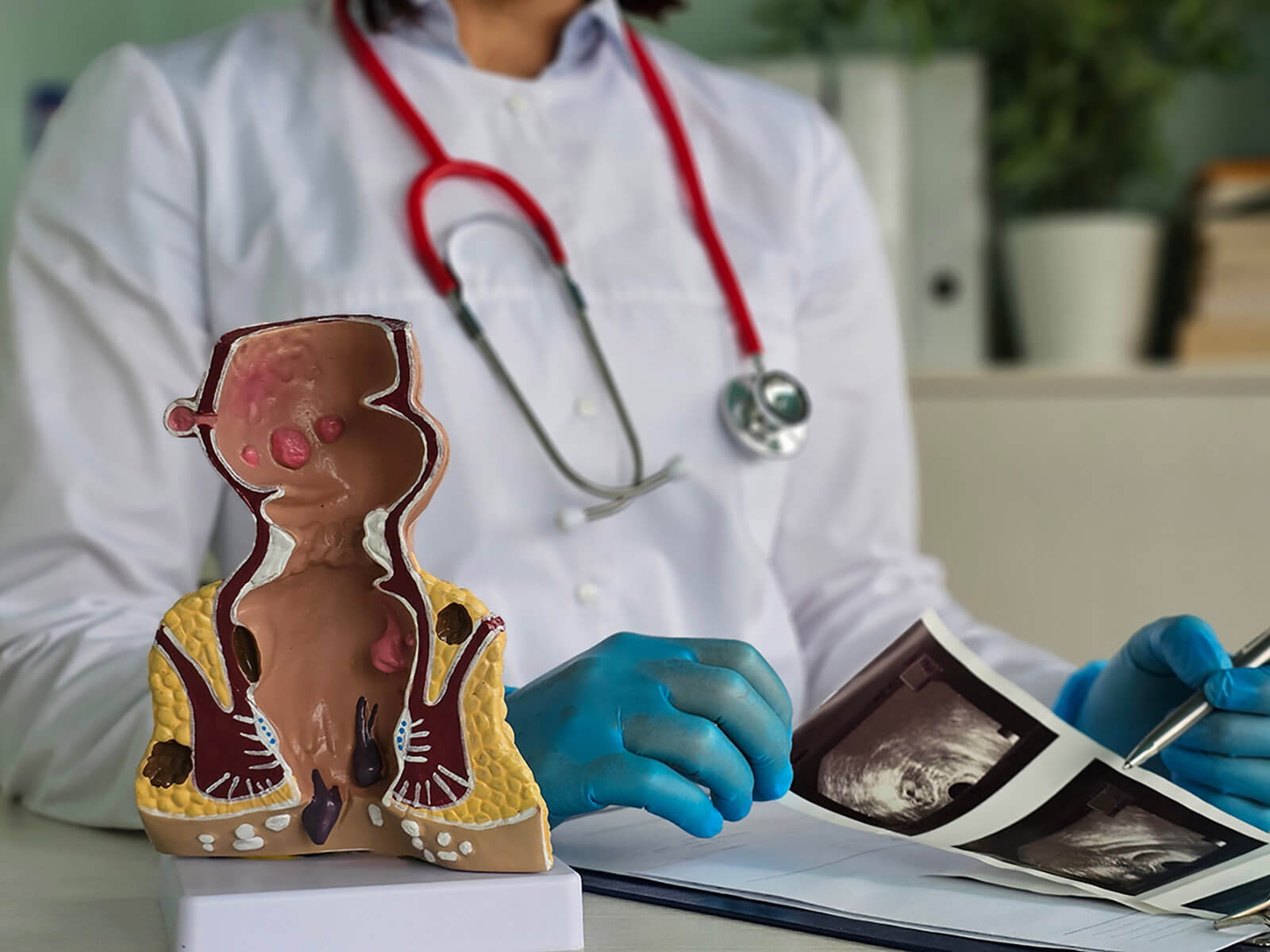
SolitaryRectal Ulcer Syndrome (SRUS) is an illness in which tiny wounds or sores develop in the intestinal layer as a result of overexertion or injury. It is not necessarily a real ulcer, as its name suggests it may come in the form of a sore, swelling, or redness. Early detection and intervention would alleviate pain and hemorrhage.
The symptoms of SRUS may be different, yet they may also include:
SRUS can be developed due to several factors:
GastroDoxs in Houston is committed to patient-centered care and specializes in the treatment of SRUS and proposes the best diagnostics, non-surgical treatment, and innovative procedures that suit your individual requirements. Our caring team takes you one step at a time to the path of permanent relief and a higher standard of living. Make your appointment right now and move to get healed.
We've successfully treated more than 1.5K patients, helping individuals improve their digestive health and overall well-being through expert, personalized care.
With over 20 years of experience, GastroDoxs has been a trusted provider of gastroenterology care, focusing on delivering the best outcomes for patients
SRUS is a chronic disorder whereby the rectal lining is affected by swellings or lesions as a result of the long-time pressure and recurring straining when people empty their bowels.
SRUS is usually provoked by excessive straining, chronic constipation, the lack of coordination of pelvic floor muscles, internal rectal prolapse, or a history of rectal surgery.
SRUS has the official ICD-10 code of K62.7.
Diagnosis Diagnosis is generally made by a rectal exam, endoscopic examination (e.g. colonoscopy or sigmoidoscopy), lesion biopsy and special tests, such as defecography to evaluate the pelvic floor function.
Yes. Fiber and hydration diet can make the stools soft, straining less, and help mitigate the symptoms of SRUS.
In the case of the severe or persistent cases that fail to improve following the conservative therapies, surgery is considered and most patients respond to non-surgical treatment.
Typical surgical interventions would be transanal resection, to excise affected tissue and rectopexy, to correct internal rectal prolapse.
GastroDoxs provide a personalized treatment plan that consists of dietary counseling, pelvic floor biofeedback therapy, rectal drugs, and least invasive surgery where needed.
Repeated or undiscovered rectal bleeding should be evaluated by a medical professional immediately, do not delay in case you have observed blood in your stool more than once.
Call GastroDoxs in order to make an appointment with a skilled SRUS team. Our services include facial analysis and treatment plans.